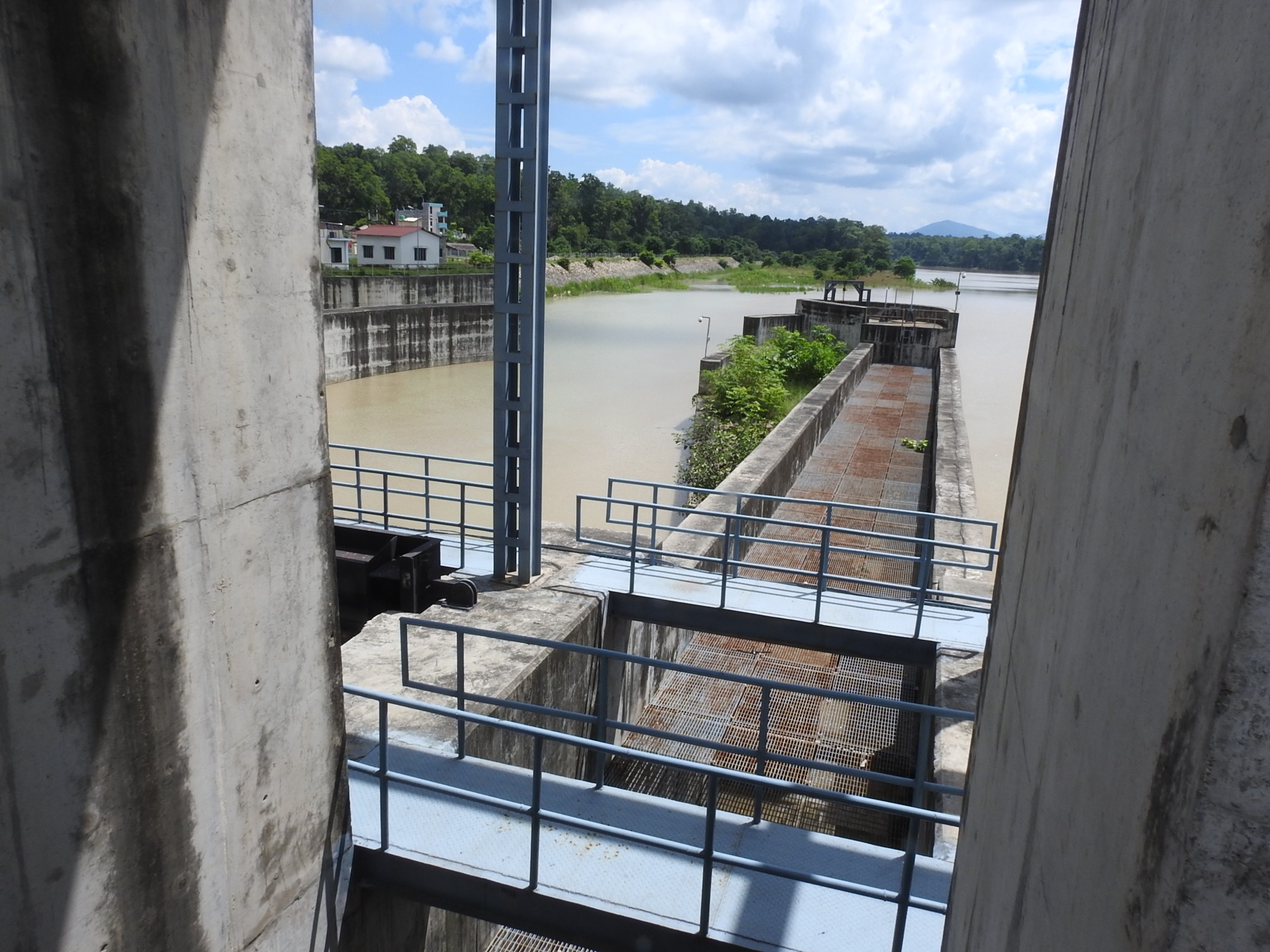Reducing ecological footprints by reducing unsustainable energy demand is currently a global need. Sustainable development goals (SDGs) set by UN mention sustainable energy in its goal number seven with the clause, ' ensure access to affordable, reliable, sustainable and modern energy for all. Affordability, reliability, sustainability, and advanced form of energy govern its consumption pattern, emission level, and directly impact livelihood in a positive way. Within the seventh goal of global SDGs, the energy should be compatible with the ever-changing climate of the earth. In the present context, Nepal seems to be focusing on hydropower as the country’s most potent and prominent source of energy. Various activities have been proposed in the 2021/2022 fiscal year’s budget to produce elevated hydro-energy, enhance its consumption, and promote the use of legal power supplied via the national grid. The step seems to be one of the promising steps towards climate-smart energy by the government of Nepal in recent time. Understanding of Governments and Governmental Agencies is much essential in order to guide this country towards sustainable and climate-smart energy particularly when the country is fully dependent on fossil fuels that are to be imported from foreign and also Nepal is one of the most vulnerable countries towards anthropogenic climate change.
Related to the concept of clean energy at the household level is the importance of clean cookstoves in Nepal. In Nepal, nearly 80% of households cook using biomass fuels in traditional cookstoves. The household air pollution emitted as a result of cooking this way is the third leading risk factor of early mortality throughout the country. To address this critical concern, the Government of Nepal has established a goal of achieving universal access to clean cooking solutions by 2030.
